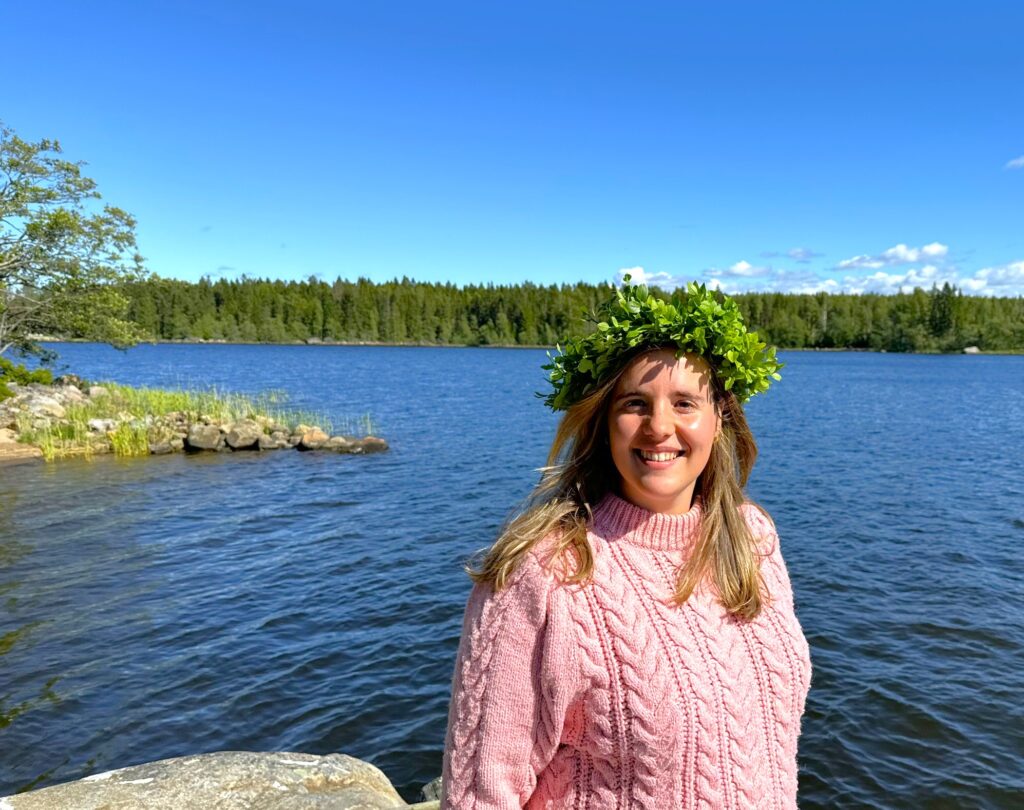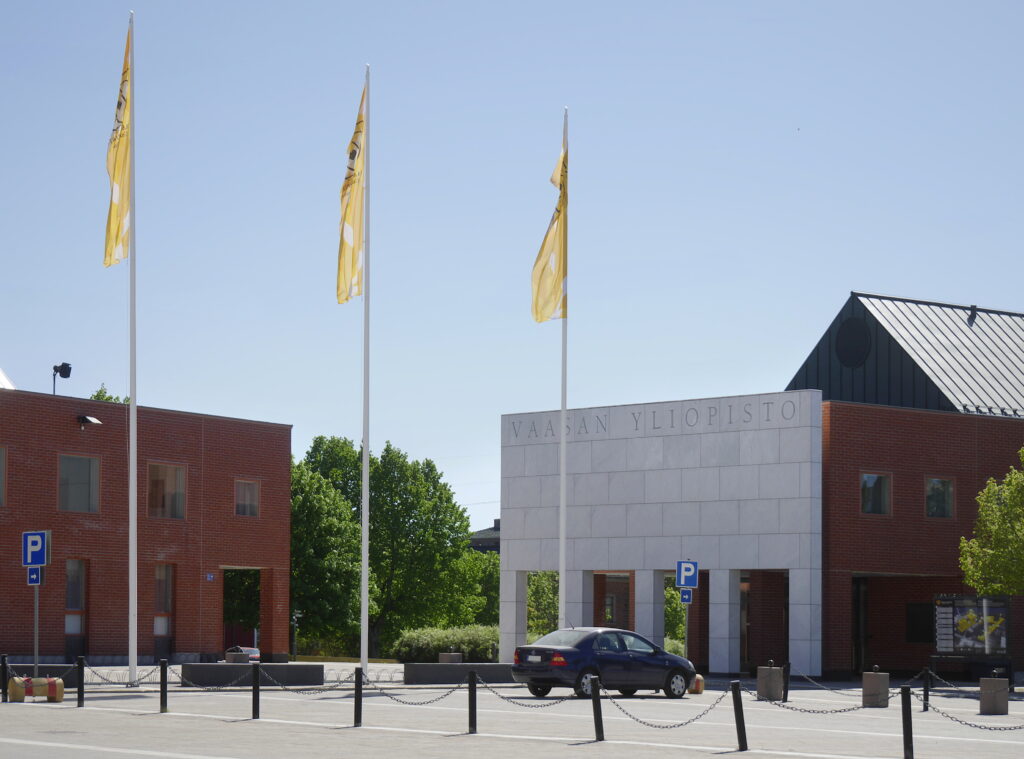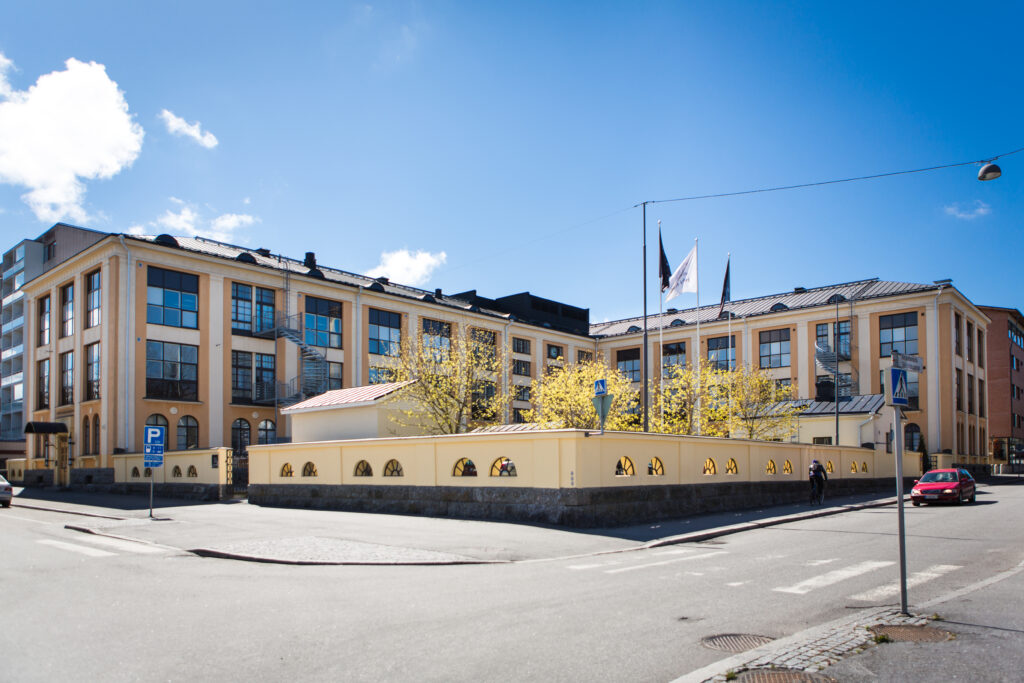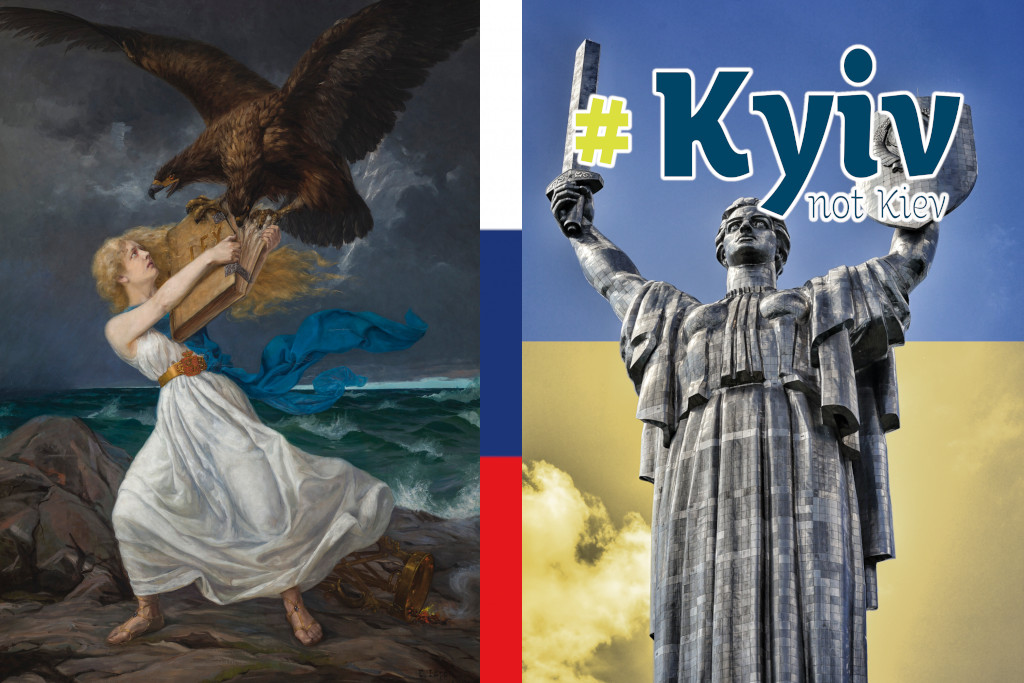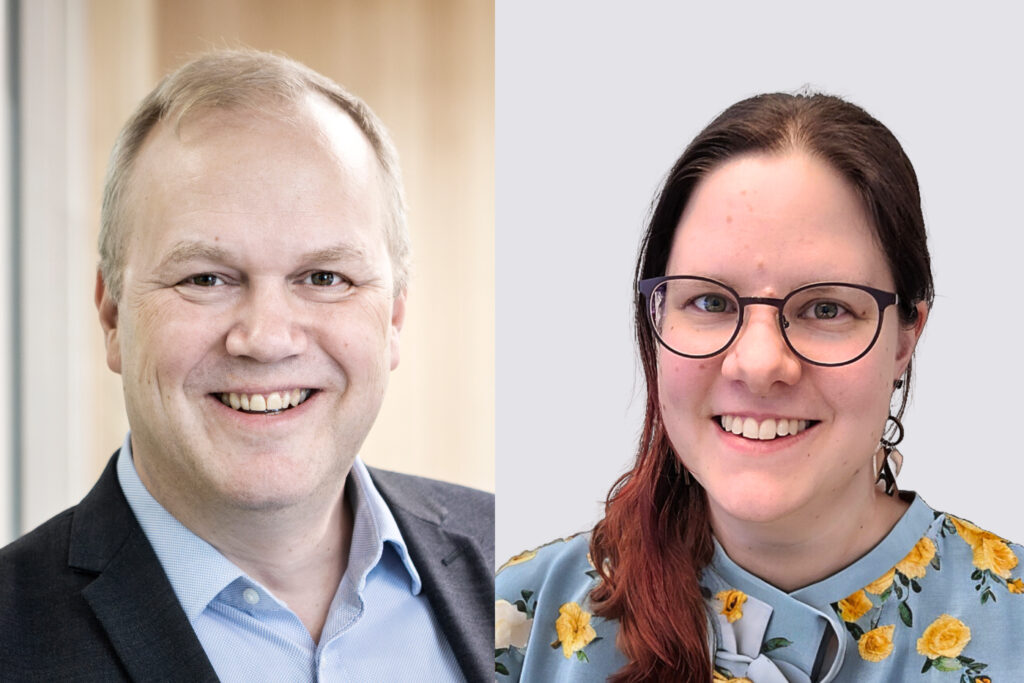The second wind seminar of Vaasa EnergyWeek revolved around the very hot topic of “Offshore wind expansion – Is Finland finally on the move?” The immense level of interest was also evident in the scale of the audience, as the hall was packed to the point that people had to stand along the walls and out in the corridor.
Offshore wind energy is a topic of discussion in Finland right now because of the ambitious goals to reduce the carbon footprint as well as the need to increase energy self-sufficiency. Offshore wind energy has the potential to play a significant role in achieving these goals, as Finland has a long coastline with excellent wind resources. As the project pipeline is growing, the question is – will the political will grow too?
Offshore wind has huge potential to create green jobs, as well as other supporting jobs, boosting economic growth in the communities. Together with the need for a green transition, this is a key driver for policymakers in Finland. Several of the speakers mentioned that, while there has been some improvement in the political will regarding offshore wind projects, there is still a long way to go.

Everything is bigger and more expensive at sea – but still worth it
At the seminar, the pros and cons of offshore wind power were discussed. Offshore wind turbines produce more electricity than onshore turbines due to stronger and more constant wind at sea. Larger and more efficient turbines allow for the planning of considerably larger wind farms offshore, with production comparable to that of nuclear power plants.
Planning, construction, and maintenance of offshore wind power projects differ greatly from onshore wind power due to the underwater design and construction requirements. Operating offshore wind turbines can be challenging due to weather conditions, which may limit access to the turbines, particularly in rough seas or when ice is thawing. Damage and erosion to the blades occurs, and repairs are costly.
A gathering and collaboration of international know-how and lessons learned is crucial to avoid unnecessary problems moving forward.
The supply chain needs rapid improvement
As of today, the infrastructure is not in place yet for offshore wind projects, as their success depends on a well-coordinated and efficient supply chain. Any delays or disruptions in the deliveries can have significant impacts on project timelines and costs. Finding enough competent workforce and services to make everything happen is part of this.
There are a lot of services to build out. Harbors, both large and small, would be needed close to the site. Logistics have to work. Concrete foundations would have to be constructed cost-effectively and on a much larger scale than before.
A good thing is that the cost of offshore wind energy has decreased significantly in recent years, making it a more viable option for countries like Finland, which has higher costs at sea than the other Nordic countries.

Never say never – it can be done
The speakers all highlighted that the planning process of offshore wind projects needs to be clear and transparent. To make the project’s road ahead smoother, the issues around property tax and the resistance from the military must be solved.
Other important factors to consider are the route to market and the clarity of the grid to support the transmission of electricity from the offshore wind farm to the end users. The specialization of knowledge and the need for testing on shore before building anything off shore.
“It is crazy, it is costly, it will never work”, has been said in other countries. But offshore wind has proven to be a breakthrough. Will it be for Finland too? The future will tell.
Dag Sandås, Senior Board advisor at The Switch (a Yaskawa company) led the seminar and gave opening remarks.
The speakers were Anni Mikkonen (CEO at the Finnish Wind Power Association), Pieter Jan Jordaens (Operating Officer of OWI-Lab, Program Manager Energy Transition Industry, Sirris) and Matilda Machacek (VP Offshore Development Nordics, RWE Renewables Sweden AB).
Gunnar Birkeland (Chairman Norwegian Offshore Wind Cluster and CEO Source Galileo Norway) contributed with a pre-recorded video presentation.



